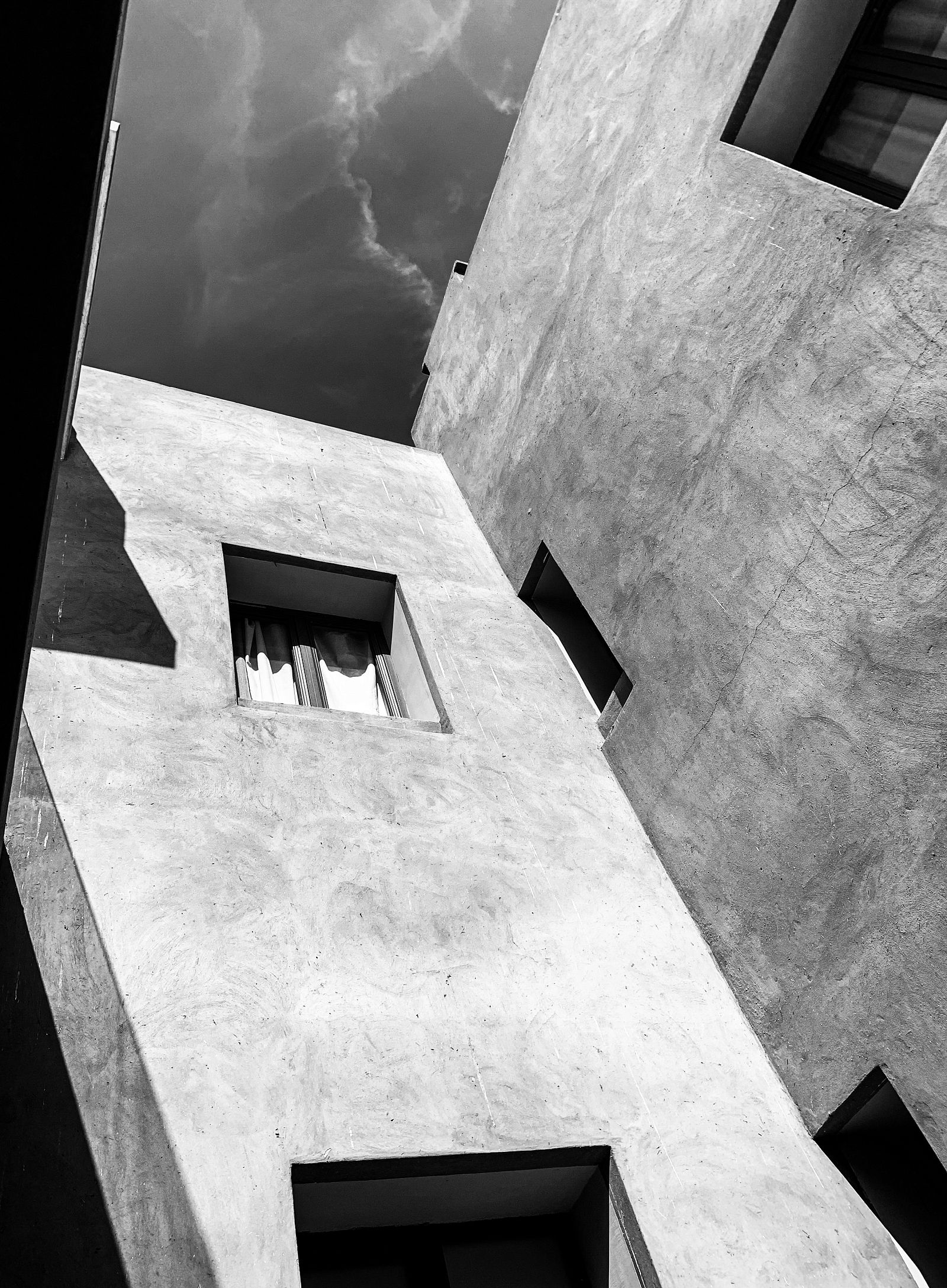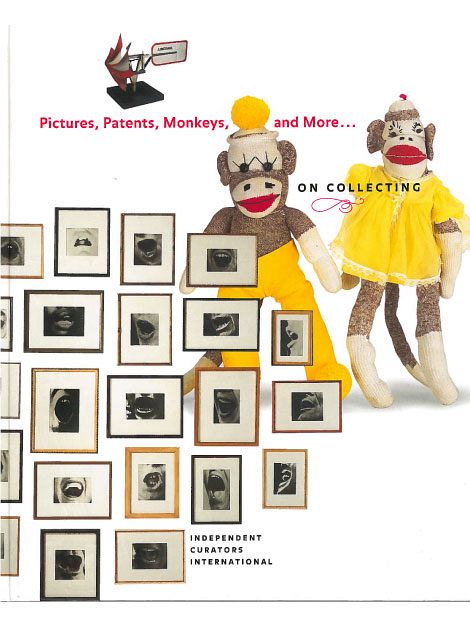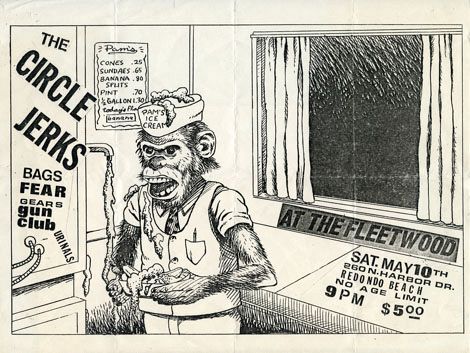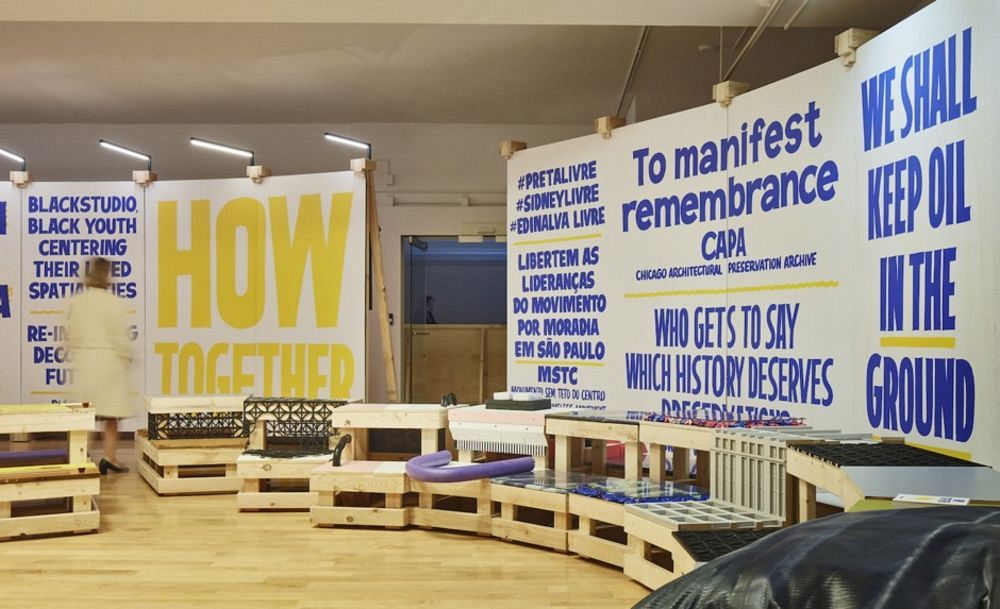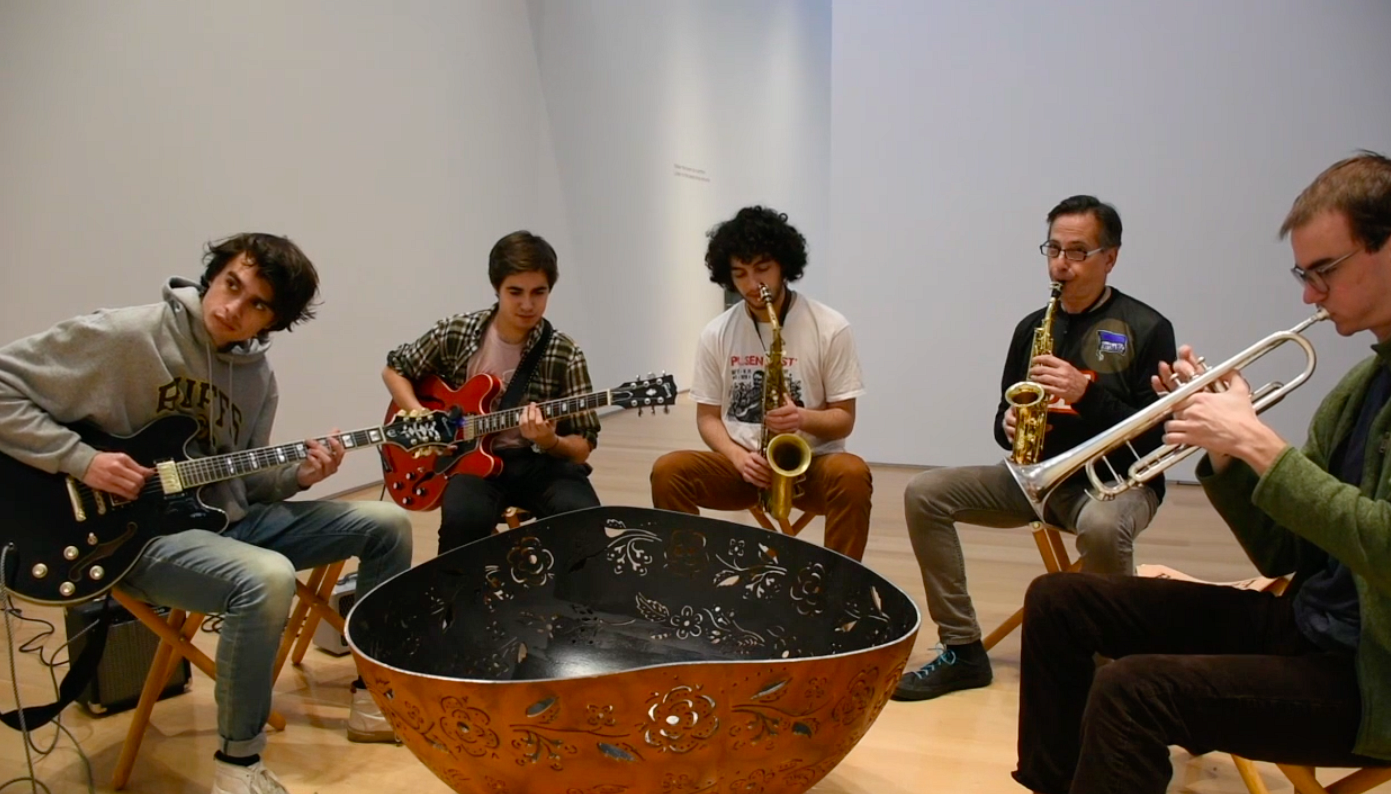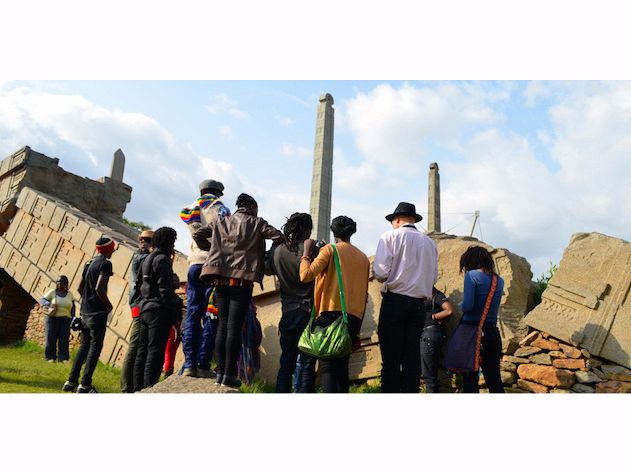Curator Chadrack Kakule developed this proposal during the 2022 Curatorial Intensive in Kampala.
Pains of Spaces is a research and exhibition project that will combine photography, video, model making, and writing through a series of reflections by different contributors including artists, architects, researchers, members of civil society, etc. Its concept is an extension of an exhibition series that I had the honor to co-organise with young architects and reflecting on the theme of violence more generally.
The aim of the project is to spark crucial conversations about narratives and practices of violence and analyze how these are reproduced in the public sphere. Pains of Spaces examines public spaces in Lubumbashi, Democratic Republic of the Congo built during the colonial era through to the present day and draws from historical narratives, colonial archives, and urban planning documentation. The project attempts to explore the multitude of ways in which the question of colonial violence can be approached in our era, which some people generally refer to as 'postcolonial' or 'decolonial'. The project has three main strands: a series of discursive workshops, the creation of artworks, and an exhibition.
The project will engage artists, researchers, students, and activists. It is part of a non-extractive curatorial approach that emphasizes the mutual exchange between the artistic community and society in a non-hierarchical way. Inspired by the context of the city of Lubumbashi, the project has the consistent ambition to reflect on the issue of violence in relation to public space.
Lubumbashi is one of the major urban centers of the Democratic Republic of Congo. Colonization, which is structurally a situation of extreme violence, established a capitalist system through the exploitation of mining resources that does not profit the population. How can art be a tool for interpreting this violence? What is the connection between violence and public spaces that dates back to colonization? How can we reimagine the meaning of living together? How can art be an instrument for thinking about society? These are just some of the questions that underpin the project and around which the discussions and thoughts will revolve.
Programming
The project’s three main strands – research, artistic creation, and an exhibition – are closely linked. Research will engage several disciplines, such as history, architecture, philosophy, and urban planning. It will be carried out over a three-month period and will conclude with a workshop with an audience: artists, students, civil society actors, curators, slammers, etc. The investigation will be followed by two workshop sessions with artists, which will be dedicated to the production of artworks before the official opening of the exhibition, which can be held in Lubumbashi or elsewhere.
Location
The venue for the exhibition will be decided over the course of the research phase, though it will most likely be held in Lubumbashi.
